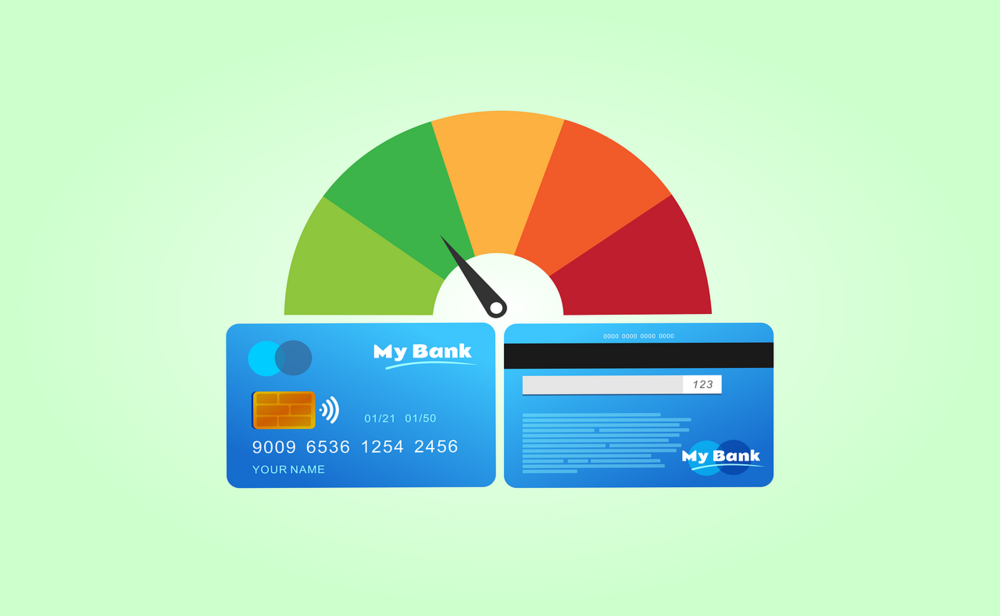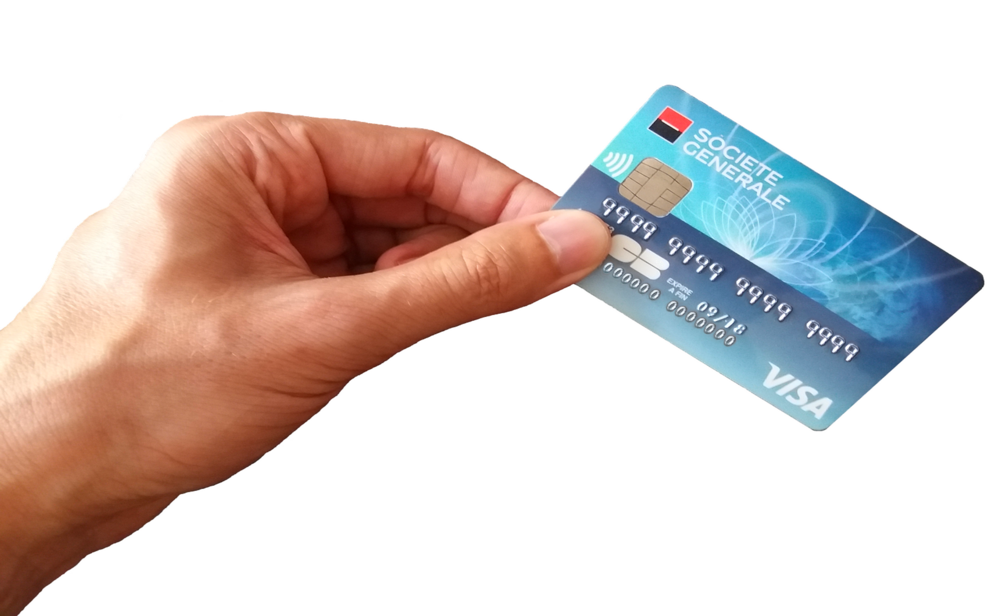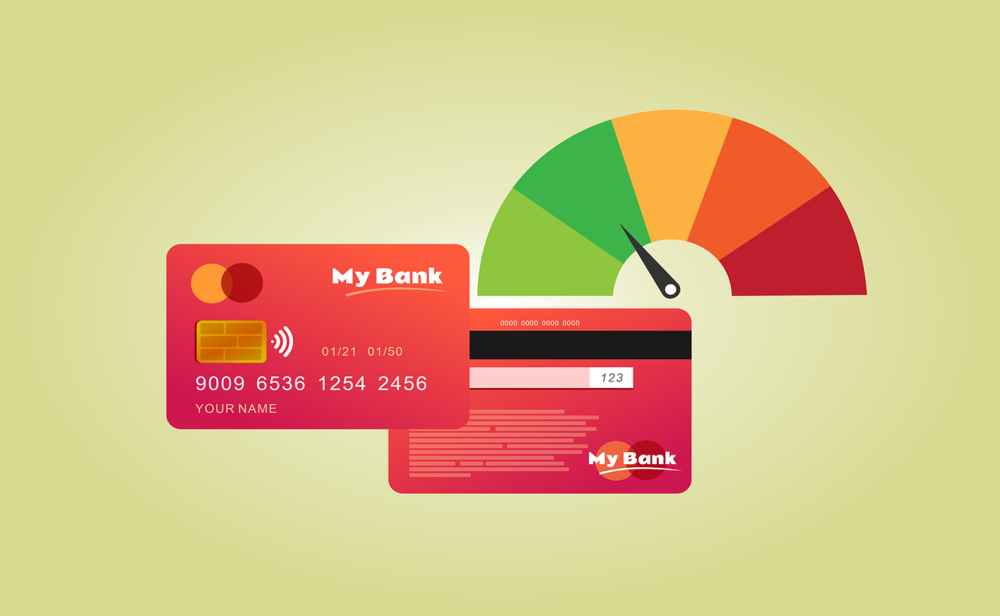How To Check Your Credit Score In 5 Minutes (For Free)
Credit monitoring is a vital component of good financial hygiene. A credit report can help you comprehend your overall financial health and assist you in prioritizing payments if your income fluctuates.
Hopefully, you are aware of all your open credit accounts and are keeping track of their individual balances and payments. Monitoring your credit is the only method to view all of this information in one spot.
There are several ways to monitor credit scores, depending on your level of involvement and your willingness to pay for a professional credit monitoring service. The Fair Credit Reporting Act gives you the same rights regardless of how you monitor your credit. For example, your credit information is deemed secret and can only be revealed for a legitimate reason or with your consent. In addition, firms providing information to credit bureaus are required by law to examine any complaints you file over the information in your credit report.

The next part will check how to monitor your credit and how often you should do it.
What exactly is a credit score?
A credit score aids creditors in determining your creditworthiness. Two primary scoring models, FICO and VantageScore, use the information in your credit report to establish your credit score.
The range of credit scores is from 300 (bad) to 850 (outstanding) (excellent). The credit score is determined by five major factors: payment history, sums outstanding, length of credit history, credit mix, and current activity. Each category has a varying weighting, but payment history (35 percent) and sums outstanding (30 percent) have the most impact on your FICO Score.
Your credit score influences everything from credit card acceptance to mortgage interest rates. Because your credit score has such a significant influence on your financial life, it’s essential to keep it in good standing and monitor it frequently.
How Does a Credit Score Differ from a Credit Report?
Your credit report is a record of your whole credit history, whereas your credit score is a numeric score derived from the information in your credit report. Using an example, if your credit report is a report card that details all of your prior work, then your credit score is your final grade.
You may dispute information on your credit report but not your credit score, which is an essential fact to keep in mind. You should promptly report any inaccuracies or discrepancies on your credit report to the credit bureaus to avoid any negative repercussions on your credit score. In contrast, if you observe a rapid decline in your credit score, you should review your credit report to check the cause and report any probable errors.
Another thing to keep in law is that you are legally entitled to a free copy of your credit report each year, but not your credit score. The majority of credit card firms and banks give free credit score updates.
What Credit Score Should You check?
Multiple variations of your credit score exist. This is due to the fact that the three credit bureaus — Equifax, Experian, and TransUnion — independently generate your credit report. FICO and VantageScore are the two most used scoring methods. Among these two rating systems, there are further variants such as FICO Score 2, FICO Score 5, and FICO Score 8. According to FICO, the most popular version of the FICO credit score is the FICO Score 8.
Lenders pick which credit agency to obtain your report and score from and which scoring algorithm to employ. Lenders may obtain your credit score from many sources and use the median for significant loans like mortgages. When applying for a specific loan, you should inquire about the lender’s scoring methodology and the credit bureau.
Comprehension of Your Credit Score
The range of credit scores is 300 to 850, with 850 being the highest. The greater your credit score, the more probable it is that you will be approved for a loan or credit card with the lowest possible interest rate.
Due to the fact that there are several versions of your credit score, as a result of different formulas and methodologies employed by various credit agencies, it is helpful to regard any particular credit score as a generic reflection of your creditworthiness. Different lenders utilize different scores; therefore, a mortgage lender’s score may differ slightly from a credit card issuer’s score.
The FICO score is used by the majority of lenders, according to the Federal Trade Commission. Regardless of the score utilized by various lenders, the higher the score, the greater your chances of obtaining the best interest rates. The Consumer Financial Protection Bureau adds, however, that because various lenders use different scores, it might pay to shop around.
How to Check Your Credit Score?
1. check your credit report on AnnualCreditReport.com.
Each of the three credit agencies — Equifax, Experian, and TransUnion — are required to provide you with one free credit report annually. Due to the funding constraints of the COVID-19 epidemic, however, you can check your report weekly for free until April 2021. Visit AnnualCreditReport.com to obtain a free copy of your credit report. This article provides thorough instructions on how to check your credit report.
2. check your credit score
The law does not require the same free access to your credit score as it does to your credit report. Typically, your credit report will not include your credit score. However, there are several access points. The majority of credit card providers offer your FICO score for free. Check your monthly bank statement or log in online. If you can’t locate it, phone or talk with your bank to inquire if they give your credit score and where you can get it.
Remember that your credit score might vary based on the scoring mechanism that is employed. The score you check through your bank or credit card account may differ from the score a lender employs to calculate your creditworthiness.
3. Monitor your credit status regularly
It is essential to routinely examine your credit health based on the information in your report. Early detection and correction of discrepancies or errors on your credit report can prevent a dramatic drop in your credit score and help you identify areas for improvement.
Utilizing free access to credit reports and credit scores, you may independently monitor your credit health. Using your free credit report for self-monitoring may save you money and put you in charge of your finances, according to several experts. You do not need to pay for the service if you routinely examine your report for any faults or growth opportunities.
However, there are several credit monitoring programs available to assist you. Typically, these services include bonuses such as regular access to your credit score, alerts when changes are noticed, and recommendations on how to improve your credit score.
The downside is the expense. Credit monitoring services from the three main credit agencies (TransUnion, Equifax, and Experian) cost between $19.95 and $24.99 each month. If you’re attempting to develop your credit, it may not be in your best interest to spend additional money.
4. Be cautious of cons
The FTC issues a warning about fraudulent websites that claim to give free credit reports but instead charge hidden fees or sell your personal information, including your Social Security number. AnnualCreditReport.com is the only website allowed to deliver the free credit reports mandated by law.
5. Develop sound credit practices
Remember that your credit score is never fixed. Even if you have a strong credit score, you should maintain solid credit practices, such as paying off your balances on time and in full and maintaining a low credit use ratio.
Checking your credit report and score is the first step to improving your credit, whether you have no credit history or poor credit history. You must have a comprehensive understanding of your current situation in order to determine what you should do differently and identify possibilities for change.
Why You Should Check Your Credit Report
Checking your credit report is essential, regardless of whether you are establishing or keeping good credit. By checking your report at regular periods, you’ll know precisely where your debt stands and can check that all three credit bureaus are accurately reporting information. Errors are not unprecedented. In fact, the FTC (Federal Trade Commission) predicts that one in five individuals may encounter an inaccuracy on their credit report at least once in their lifetime.
Checking your credit report is also an important step in preventing identity theft. Bruce McClary, vice president of communications at the National Foundation for Credit Counseling, states, “If someone is attempting to open an account in your name, the first indication will be an inquiry on your credit report.” “The key to preventing credit card fraud or identity theft is to act as fast as feasible,”
PRO-TIP
AnnualCreditReport.com is the only approved website for providing the free credit reports mandated by law.
How Frequently You Should check Your Score
Check your credit report from each bureau at least once every year, taking advantage of the free yearly credit report to which you are entitled under U.S. law. However, with weekly free credit reports available until April 2021, you may check your report more frequently. The frequency is contingent upon your present credit activity and whether or not you are actively working to build or enhance your credit. While you’re unlikely to observe big changes from week to week, there’s no harm in obtaining your credit report as frequently as you’d like. It typically takes lenders at least one billing cycle to report changes to the credit bureaus.
How Does Your Credit Score Affect Your Eligibility for Credit Cards?
Credit score has a significant influence on the credit cards for which you qualify. Cards with the greatest rewards or premium bonuses often require a credit score between 670 and 850 to qualify. If you have poor or no credit, student credit cards and secured credit cards might be a useful alternative to help you establish credit, even if they provide fewer advantages.
However, your credit score is not the only factor that matters when you apply for a credit card. Creditors may also consider your credit usage percentage, debt-to-income ratio, and outstanding amounts on other cards. To increase your chances of being approved for the credit cards you desire, you should pay off your balance on time and in full and avoid applying for too many new cards in a short period of time.





